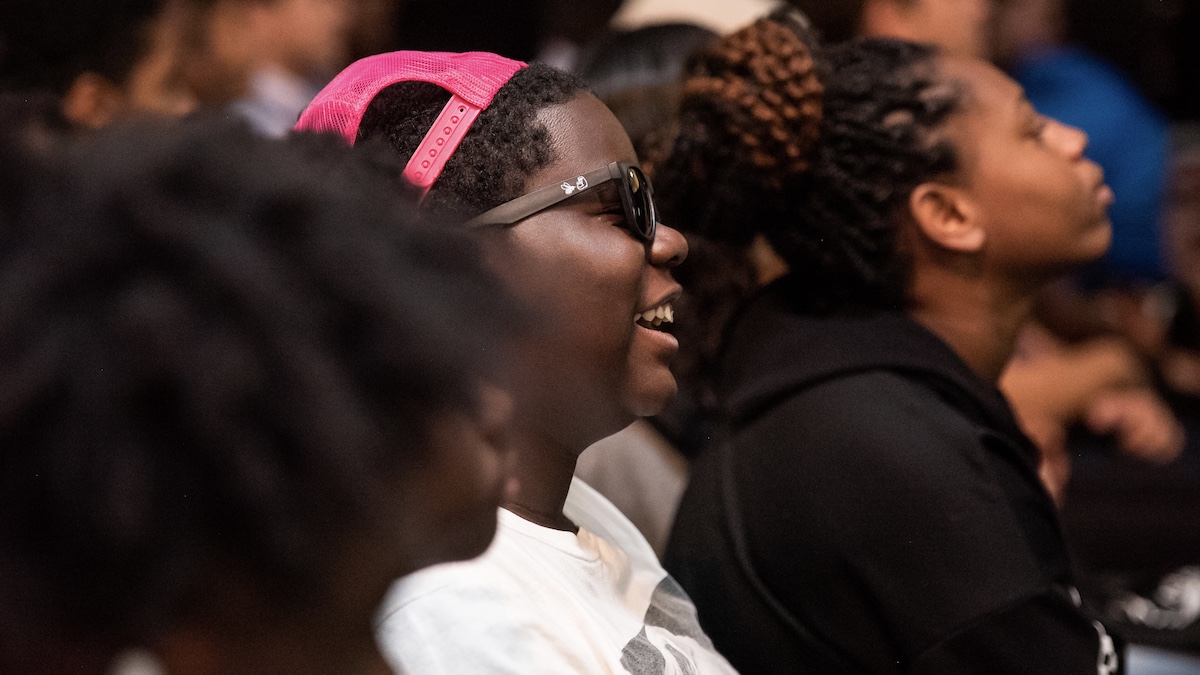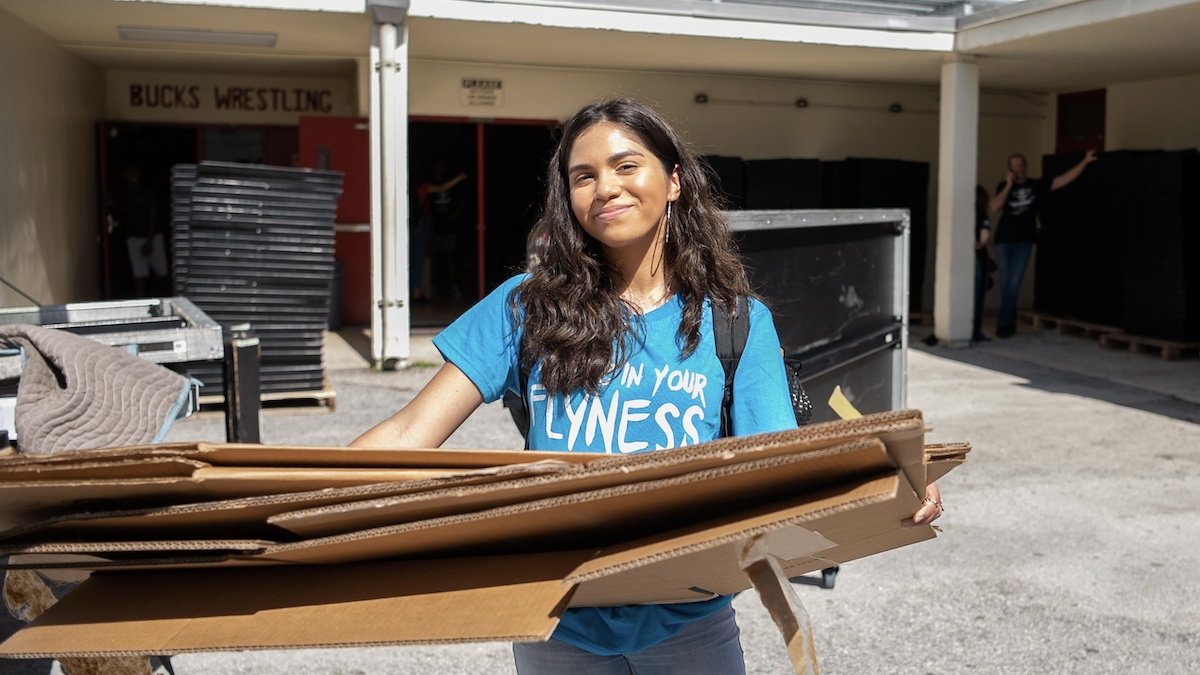By Scott Colby
Teacher Appreciation Week, 2019 is coming to a close, and for my money, I think every week should be Teacher Appreciation Week. Our educators have very important, demanding jobs, and are often under appreciated.
Imagine if there was more gratitude in schools. What would that look like? School environments filled with gratitude foster more connection amongst students (and teachers). Greater human connection leads to less anxiety, less depression and even less bullying.
Gratitude gives us a different perspective on life, helping us to keep a more positive outlook, all while being kind to others.
If you’re a teacher, here is a cool gratitude activity to try with your classroom. Or, if you are a parent or guardian with children in school, suggest this:
Gratitude Cards for the Community!
Ask your students to write cards of gratitude and deliver them to people in their greater school community. They can give them to custodians, food staff, administrators, educators, nurses, resource officers, students and more. You can even expand this exercise to include the local community, such as police, firefighters, banks, grocery stores, hospitals, electricians, etc. Try it out!!
Humans are naturally programmed for reciprocity. That means we’re likely to give what we get. When you let someone know that you’re grateful for what they do – or, even better, grateful for them – cool things happen. Of course, they appreciate it. But, it also gets them thinking about what they’re thankful for. When they express that gratitude, the kindness you sparked continues to grow!
No Teachers?!?
Another exercise you can take your students through is to ask them to imagine a life with no teachers. What would it look like?
Without teachers, without education, there wouldn’t be any doctors or nurses. Think about how many people would struggle with sickness or injuries. Think about how many lives would be complicated or even destroyed by the lack of modern medicine that we take for granted.
There wouldn’t be any authors, so no books. Without being taught to code or program, there’s nobody to keep the internet alive. There would be no social media. Netflix or TV, forget about it. No video games. Without teachers, there are no other professions.
Once they start thinking about it, your students begin to realize just how important teachers are to the world. Then you can turn the question around and ask your students what they appreciate about their teachers.
Both of these exercises can really go a long way in fostering a culture of gratitude in schools. It’s so powerful to shift people’s perspectives from what they don’t have or what they perceive to be wrong, to what they do have. Focus on, and appreciate, all the little things that are right!






